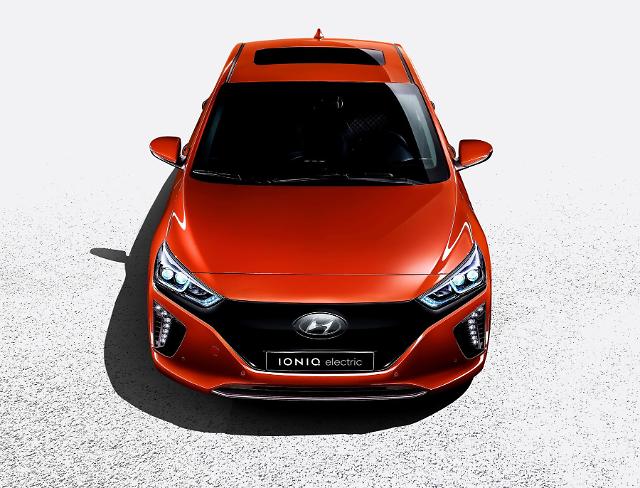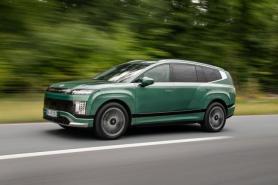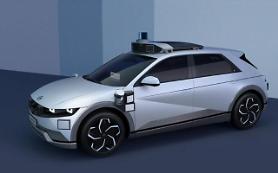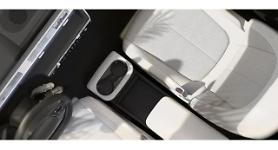
[Courtesy of Hyundai Motor]
Hyundai Motor is raising its defense on home turf with a nascent lineup of eco-friendly cars as US electric carmaker Telsa Motors is set to make inroads into South Korea this year.
Hyundai Motor plans to set up a showroom for its Ioniq green car in September when Shinsegae Group, a retail giant, opens the country's largest shopping mall in Seoul's southern satellite city of Hanam.
Coincidentally, Shinsegae has been in talks with the US electric carmaker to host a Telsa showroom by the end of November in the same retail and resort complex in Hanam that would also house dealerships for BMW and Harley Davidson.
It's not clear whether Tesla will designate Hanam as the site for its first dealership in South Korea because the company has been involved in talks with other domestic partners on its dealership and other terms. Tesla has already sent out job advertisements for dealers and mechanics.
Telsa has gained global attention by producing its electric sports model, the Telsa Roadster, followed by the Model S, an electric luxury sedan. Tesla's Model 3, which can run 346 kilometers (215 miles) with a single charge, will be available by late 2017 but it has already signed up more than 400,000 pre-order customers globally.
The Hyundai auto group, which controls nearly 70 percent of the domestic auto market together with its affiliate Kia Motors, was a slow starter in the green car industry, unveiling the Ioniq Electric that can run more than 180 kilometers with a single charge this year.
Sales of Ioniq Electrics stood at 131 units in the first half of this year. The Ioniq provides the choice of three power options: hybrid, electric and plug-in hybrid.
According to TNS, a market research firm, the share of electric vehicles in the whole auto industry is expected to rise to 15-20 percent by 2025. Market watchers, however, predict the real fight in South Korea will probably come in 2020 when Hyundai unveils an electric vehicle that can drive up to 400 kilometers with a single charge.
There will be enough time to warm up until South Korea completes the planned establishment of 300 quick chargers and 30,000 full chargers, which are compatible with all electric cars. Telsa has directly installed its supercharger stations but it may have to change its strategy in South Korea.
Telsa CEO Elon Musk said in an earnings report Wednesday that South Korea would be one of his next targets for electric vehicles. "We are adding stores in new population-dense markets like Taipei, Seoul, and Mexico City, while also adding stores in our most mature markets like California."
Aju News Lim Chang-won = cwlim34@ajunews.com
Copyright ⓒ Aju Press All rights reserved.




